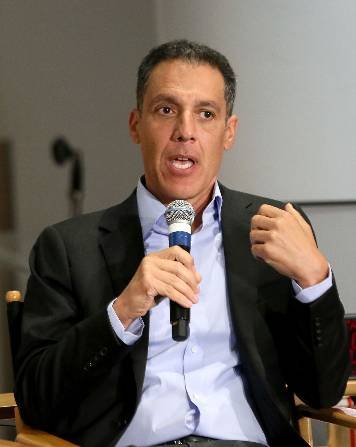The Interview - Tanya Allan
-
 Tanya Allan
Tanya Allan
| Follow
| Friday 10th of May 2024 10:19:55 AM (UTC)
What inspired you to become a writer?
I've always been fascinated by storytelling and the power of words to transport readers to different worlds. Growing up, I found solace and joy in books, and I knew I wanted to create that same magic for others.
Can you tell us about your writing process?
My writing process is quite organic. I usually start with a general idea or concept, then I outline the plot and characters. From there, I let the story evolve naturally as I write, allowing myself to be surprised by the twists and turns along the way.
What do you hope readers will take away from your work?
Above all, I hope my readers find a connection to the characters and themes in my stories. Whether it's a sense of empathy, inspiration, or simply an enjoyable escape from reality, I want my writing to resonate with readers on a personal level.
How do you handle writer's block or moments of creative stagnation?
Writer's block is a common challenge, but I've learned to embrace it as part of the creative process. Sometimes, taking a break and engaging in other activities helps me recharge and come back to my writing with fresh perspective. Other times, I push through by simply putting words on the page, even if they're not perfect.
Are there any authors or books that have particularly influenced your writing style?
Absolutely, I've been inspired by a wide range of authors, from classic literary giants to contemporary voices. Each one has taught me something valuable about craft, storytelling, and the power of language.
What do you find to be the most challenging aspect of writing?
For me, the most challenging aspect of writing is finding the balance between creativity and discipline. It's important to nurture inspiration and imagination, but also to have the discipline to sit down and do the work, even when it feels daunting.
How do you approach creating believable and relatable characters?
Creating characters is one of my favorite parts of the writing process. I draw inspiration from real people, as well as from observing human behavior and emotions. It's important to give characters depth and complexity, with their own motivations, flaws, and growth arcs.
